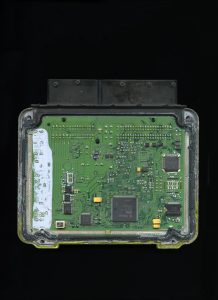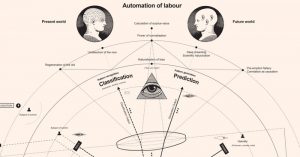A study of UC Berkeley reports that reading your news wirelessly on a PDA instead of on paper requires up to 140 times less carbon dioxide, several orders of magnitude less greenhouse gases, and the consumption of 26 to 67 times less water.
Arpad Horvath , director of the UC Berkeley Consortium on Green Design and Manufacturing, and graduate student Michael Toffel dissected nearly all of the environmentally-relevant processes involved in both wireless news delivery and teleconferencing.
The environmental effects of reading the New York Times in Berkeley –from the manufacture of newsprint and ink to the delivery from a nearby printing press to disposal of the newspaper– was compared to such factors as the energy used to manufacture a PDA and the electricity required by wireless and Internet service providers to deliver news content to the device.
The results of the research show that if a quarter of newspaper readers around the country switched to reading the news on their PDA, they’d generate just 2 to 3 % of the carbon dioxide that would have resulted from the 14 million print newspapers they no longer need.
![pollution[1].jpg](http://www.we-make-money-not-art.com/xxx/pollution%5B1%5D.jpg)
To analyze the environmental implications of participating in a teleconference in lieu of a traditional business meeting, they compared the environmental burden of a trip from Berkeley to Chicago, including automobile and light rail commutes to and from the airport. The emissions associated with fuel consumption were calculated to compare to the energy required to manufacture and use a mobile phone and conduct a conference call on both a mobile phone and landline. (The impact of building a vehicle, roads, and airports was excluded.)
It turned out that a round trip between offices in Berkeley and Chicago releases more than 600 kilograms of carbon dioxide while a wireless meeting results in just 1.3 kilograms. Meanwhile, more energy efficient mobile phones and chargers on the horizon will further reduce the environmental impact of wireless technology.
Via World Changing.







